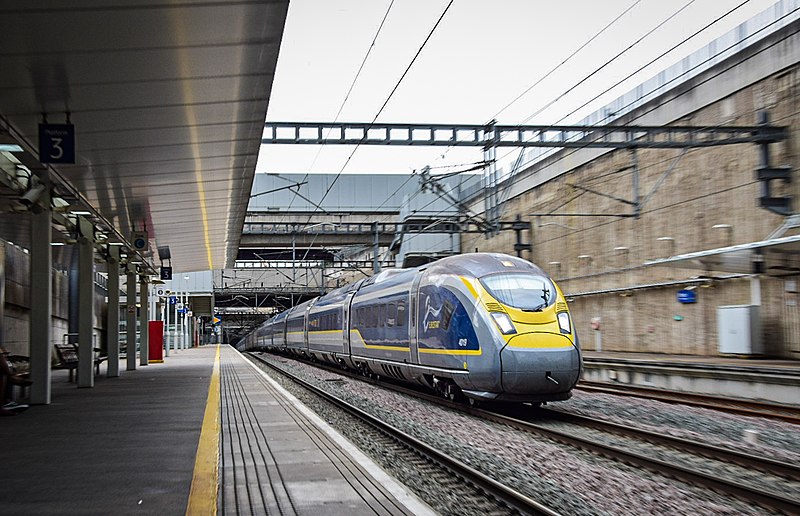
Rail travelers in England can breathe a sigh of relief as the government announces that regulated train fares will once again experience an increase lower than the inflation rate next year.
The purpose of this move is to alleviate the strain on individuals grappling with the escalating cost of living. This decision follows a similar intervention that took place in 2023.
To provide economic respite, any fare hikes will be postponed until March 2024, a departure from the typical January implementation that was the norm prior to the Covid-19 pandemic.
However, a campaign group argues that fares should be frozen "to acknowledge the burden that high fares place on rail passengers."
Regulated fares encompass approximately 45% of ticket prices, including season tickets for most commuter routes, certain off-peak return tickets for long-distance journeys, and anytime tickets within major urban centers.
Before the pandemic, these fares were annually increased in January based on the previous July's Retail Prices Index (RPI) measure of inflation, with an additional 1% added on (RPI plus 1%).
The Office for National Statistics reported that July's RPI stood at 9%.
While next year's increase remains uncertain, this year saw a government-mandated 5.9% rise in national rail fares, a substantial reduction from July 2022's RPI figure of 12.3%.
This increase was the largest since 2012, according to the Office of Rail and Road, the regulatory body.
During the increase, the Labour Party criticized it as a "cruel joke for the millions reliant on deteriorating services."
The government's latest initiative coincides with persistently high UK inflation, though there are signs of a gradual reduction. These price hikes coupled with rising interest rates complicate matters for millions contending with higher expenses for essential items and services, and it also increases the cost of borrowing.
A spokesperson from the Department for Transport (DfT) affirmed that the government would "continue to shield passengers from the pressures of cost of living."
Anthony Smith, CEO of Transport Focus, a passenger advocacy group, conveyed that while no one welcomes fare increases, passengers might find solace in fares being capped beneath the Retail Prices Index and the delay of any increases until March of the ensuing year, considering the disruptions caused by sporadic performance and labor disputes over the past year.
Contrarily, Paul Tuohy, head of the Campaign for Better Transport, urged the government to "freeze rail fares—akin to their approach with fuel duty—until the long-awaited ticketing reform is executed."
Liberal Democrat leader Sir Ed Davey echoed this sentiment, demanding an immediate freeze in rail fares, emphasizing the urgency of tackling the ongoing cost of living crisis.
In 2021, the DfT promised a comprehensive overhaul of the ticketing system to simplify it and reduce the vast array of fare options that can confuse travelers. Although some reforms have been implemented, such as the introduction of flexi-season tickets and "single leg pricing" trials, the pressure group contends that a complete transformation of the ticketing system is still pending.
Since last summer, rail passengers have endured disruptions due to waves of strikes, with further industrial actions scheduled for August 26 and September 2. Workers are advocating for pay hikes that mirror the surging cost of living, along with efforts to prevent job cuts and changes to employment terms.
As for the governments of Scotland and Wales, their stances on rail fare hikes for the upcoming year are yet to be announced. Photo by ChilternSam, Wikimedia commons.



































